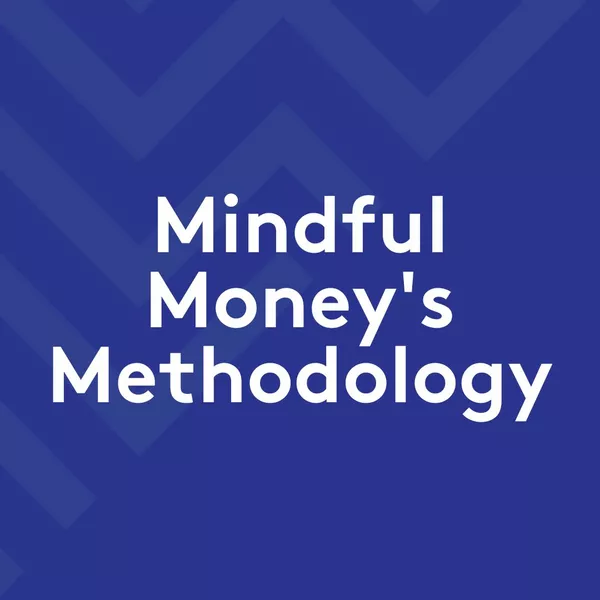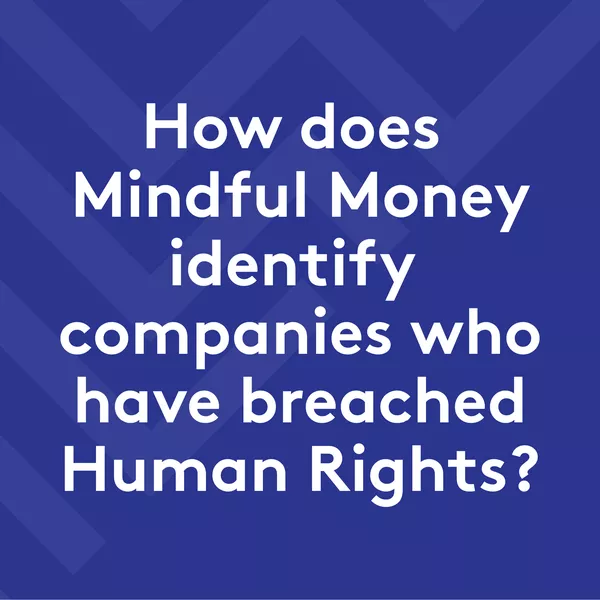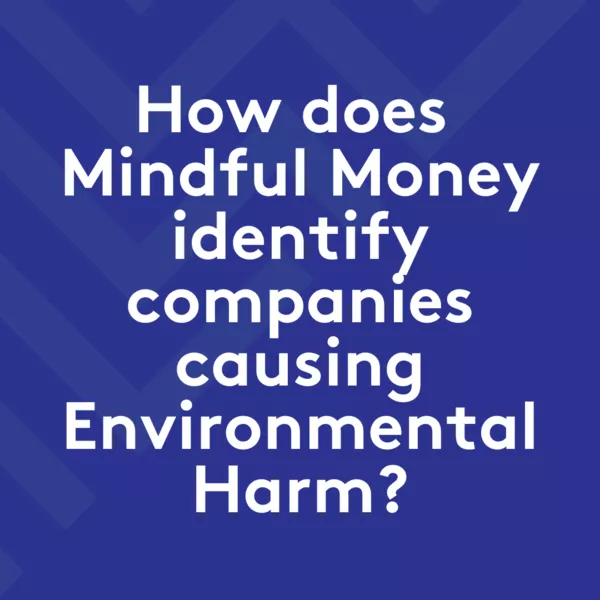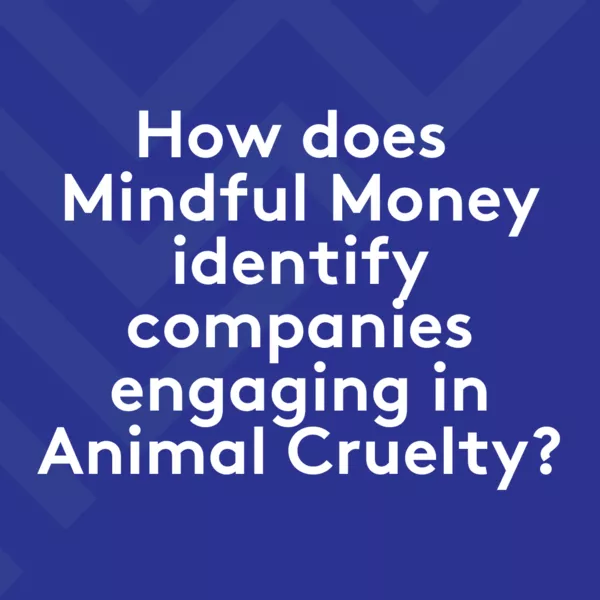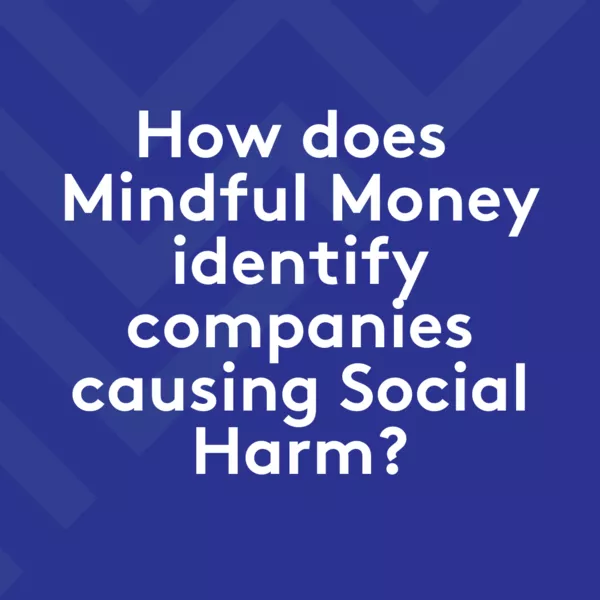Mindful Money's Methodology
17th Oct. 2023
This Methodology sets out how Mindful Money has researched issues of concern to New Zealand savers and investors, analysed KiwiSaver and investment fund portfolios against those issues, selected 'Mindful Funds' …
Ethical Investment KiwiSaver funds Methodology Research

